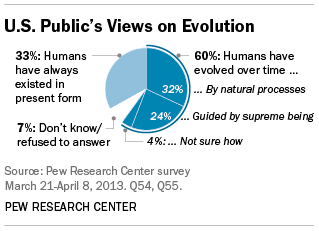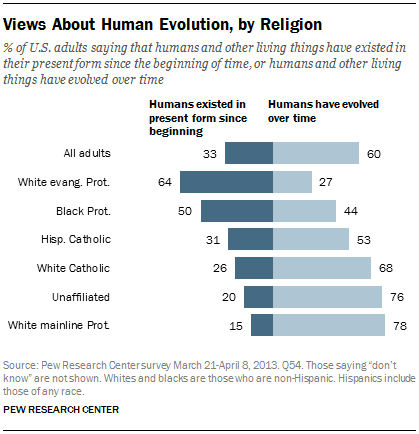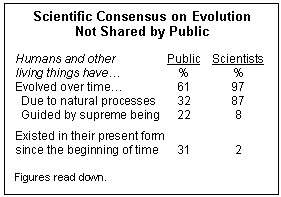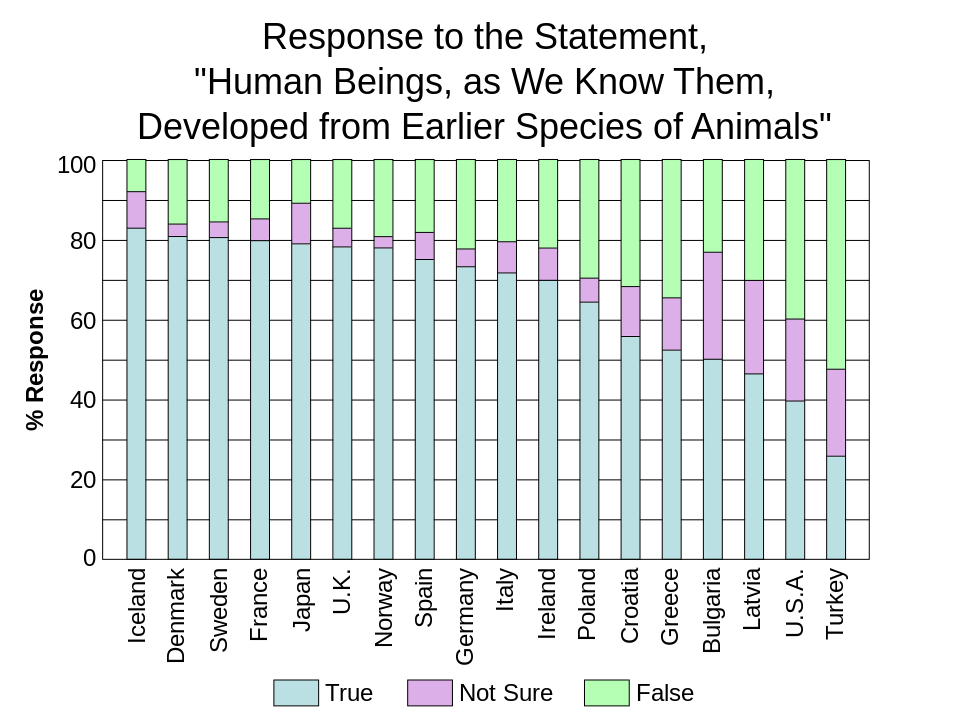- Oct 17, 2015
- 1,141
- 450
- 26
- Gender
- Male
- Faith
- Baptist
- Marital Status
- Single
Hello, guys!
I would like to just make a poll, so as to determine which one really is the most common view, amongst Christians, regarding the origin of life. Six options will be given: Flat Earth / Geocentricism; Young-Earth Creationism; Gap Theory; Old-Earth Creationism; Theistic Evolution; Atheistic Evolution; I have no clue. Please vote on the one you believe in, not on the one you think is most common.
For those who are not familiarised, I will now explain them:
I would like to just make a poll, so as to determine which one really is the most common view, amongst Christians, regarding the origin of life. Six options will be given: Flat Earth / Geocentricism; Young-Earth Creationism; Gap Theory; Old-Earth Creationism; Theistic Evolution; Atheistic Evolution; I have no clue. Please vote on the one you believe in, not on the one you think is most common.
For those who are not familiarised, I will now explain them:
- Flat Earth is the belief that the Earth is actually flat, and not round. Geocentricism is the belief that the Earth is at the centre of the Universe or of the Solar System; these people believe that the Sun and the other planets and stars rotate around the Earth, and not that the Earth rotates around the Sun. Both flat-earthers and geocentricists will usually also believe in that the Earth is young, and that Evolution is false. They believe in a literal Adam and Eve.
- Young-Earth Creationism is the belief that the Earth is actually only a few thousand years old — usually, 6000 years, but I have also heard figures up to 10,000 and 15,000 years —, and thus reject the modern dates, given by modern Science, of approximately 6,400,000,000 years old for the Earth and 13,700,000,000 years old for the Universe. They justify this belief with the belief that the six Creation days described in Genesis 1 were literally 24-hour rotation periods of the Earth; they then add the age spans of the genealogies given in the Bible, in order to arrive at a Creation taking place, if memory serves me right, near the end of the 5th millennium BC. They also reject Evolution, but they believe that the Earth is round and rotates around the Sun. They believe in a literal Adam and Eve.
- Gap Theory seeks to reconcile the belief that the six Creation days were literal with the belief that the Earth is old (accepting thus the dates given by modern Science). They explain this by defending that there was a temporal gap between Genesis 1:1 and Genesis 1:2. In other words, they believe that: in the beginning, God created the Heavens and the Earth; then, he waited for thousands of millions of years, a time period during which we are not told exactly what happened; and only then did he create light, in order to proceed with the traditional order of Creation as we know it, in six literally 24-hour days. Some will add that an initial Creation took place in that gap, which was eventually destroyed. They also reject Evolution, but they believe that the Earth is round and rotates around the Sun. They believe in a literal Adam and Eve.
- Old-Earth Creationism is the belief that the Earth is old, accepting the ages given by modern Science of 6,400,000,000 years for the Earth and 13,700,000,000 years for the Universe. They believe that the six Creation days were not literally 24-hour periods, but rather that they simply signify long, unspecified periods of time, which allows for the billions of years necessary to accommodate the ages given by Science. Some will also add that the genealogies given are incomplete (that they have been shortened to only mention the most relevant names), and thus that Creation did not end in the 5th millennium BC, but even much earlier. Old-Earth Creationists also reject Evolution, but they believe that the Earth is round and rotates around the Sun. They believe in a literal Adam and Eve.
- Theistic Evolution is the belief that Evolution is true and that the Earth and the Universe are old, everything just as modern Science describes it. However, they believe that Evolution was controlled by God, unlike atheistic evolutionists. They also believe in non-literal Creation days. In general, they will believe that the story of Adam and Eve did not literally happen, but that it is essentially a figurative story to describe the sin of Mankind.
- Atheistic Evolution is the belief that everything is true, just as modern Science says it. Atheistic evolutionists believe that God does not exist — or, at least, that he did not act during the Evolution process.
- People who have no clue simply do not know.





